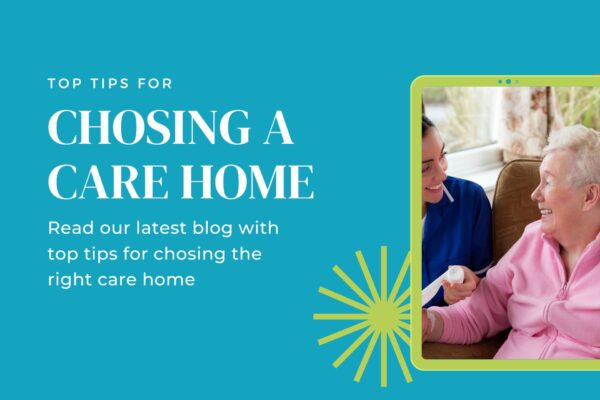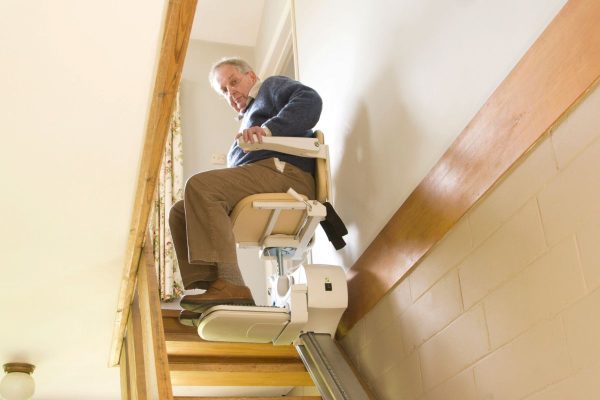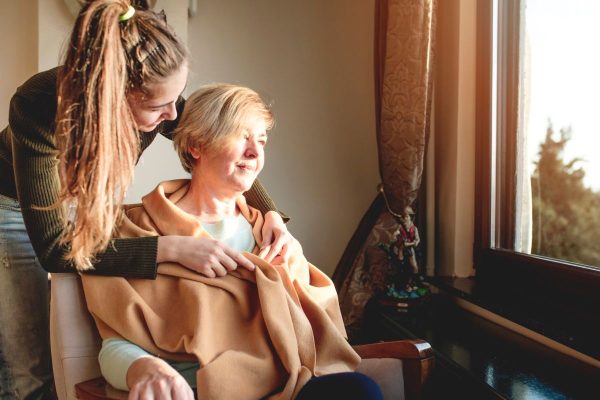The other day someone asked me why the name Family Care Advice? The easy answer would be just to blame my other half, as he came up with the name, but this was after a long discussion.
I have long recognised the need for independent care advice, when I worked within the charitable sector, I’d frequently hear comments such as “I never knew about that” and “I don’t know where to start”.
People with care needs, carers and family members regularly expressed how frustrating, confusing and distressing it was when they were trying to support their loved one to access the help they needed. What’s available? Who will pay for it? How do we find someone to help? Will Social Services Help? What benefits am I eligible for? What’s the best residential care? How do I know if the services I’m looking at are any good? Were just some of the questions people asked. People felt alone, were confused by the health and social care system and didn’t understand certain processes like why funding for homecare suddenly stops 6 weeks after discharge from hospital.
The statutory sector, organisations and charities offer lots of support in a variety of ways but it is not always obvious who can help and in what way.
More recently, Adult Social Care has come under immense pressure due to cuts in service and the increase in demand due to the pandemic. People now wait weeks to receive a telephone assessment, as Social workers deal with safeguarding, abuse and other acute emergency situations.
During my time at a local Community Mental Health Team for Older People, I worked together with a dedicated team of health and social care professionals. I recognised the importance of those diagnosed, carers and families all receiving the opportunity to talk, ask questions and know how and where to get the right advice and support. In each case that advice might be different, there isn’t a “one size fits all” every person and situation needed tailor made, person centred support and someone able to determine when the the support of health and social care professionals was required. It seemed to me there was a case for a care coordinator, adviser and supporter to help all concerned to navigate and understand the care system and obtain the support they needed. Families and their loved ones truly valued having one person they could contact about anything, who would point them in the right direction, refer to the correct service and support them to access the right help for them.
When we were considering names for this new venture, I knew it was essential to reflect the importance of family and carers, as well as the individuals into the name. I wanted the name to be instantly recognisable and do what it says on the tin. At this point, I could take all of the credit for the name but it was my partner who came up with “Family Care Advice” and, after a bit of contemplation (and checking domain names etc) I agreed and added the tagline Independent Care Advice for Adults & their Families.
Our mission is to help families, carers and loved ones make informed decisions about their care choices and support them to implement care solutions. Choosing the right care solution is often a family affair. If it is likely you or a member of your family will be funding any care services yourself (self-funding) then we can help find the right solution for you.
For people who have less than £23,250 in savings, you are likely to be funded by your Local Authority for any care package you are assessed to need. We strongly advise you contact your local Adult Social Care for a Care Needs Assessment. Anyone, despite you’re income, assets and savings is entitled, under the Care Act 2014, to receive a Care Needs
Assessment from their local Adult Social Care Team as well as a Carers Impact Assessment.
Only those with savings below £23,250 will be eligible for financial support.






